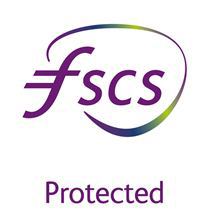Mortgage Accounts
Once the death has been registered, what happens next depends on if the mortgage was held by joint or sole (individual) borrowers.
There are three types of borrowers:
- Joint tenants
- Tenants in common
- Sole borrowers
If you’re not sure which type of borrowers are on the account, you can contact the Land Registry or the solicitor / personal representative dealing with probate.
If you’re the personal representative, we can tell you
For properties with joint tenants:
The property automatically goes to the other joint owner(s) if one dies.
This is known as ‘right of survivorship’. The person who died can’t pass on their ownership of the property in their will.
If the mortgage is held by joint tenants, we’ll remove the person’s name from the account once we’ve received the death certificate. This means the remaining borrower(s) is responsible for paying the mortgage.
The usual payments will continue to be paid from the usual bank account.
- Death Certificate
We know that international death certificates vary so we’ll let you know what we can accept as official records if the death was registered abroad.
You don’t need grant of probate or letters of administration for a joint tenants account.
If there are any life insurance policies in place, you’ll need to contact your policy provider to put a claim in place.
You should also have them removed from the property register held by the Land Registry.
For properties with tenants in common:
The property doesn’t automatically transfer to the other borrower(s) if one dies.
The share of the property passes to their estate which will be dealt with by the personal representative.
Once the death has been registered, the personal representative will deal with the estate of the person who has died.
If there are any life insurance policies in place, you’ll need to contact your policy provider to put a claim in place.
If you want to buy out the other person’s share of the estate or remortgage with someone else, you’ll need legal advice. We can’t support you with legal advice but may be able to help you if you want to take out a new mortgage.
If there’s a will
- Grant of representation
- Proof of personal representation
- Proof of identification
If there’s not a will
- Letters of administration
- Proof of personal representation
- Proof of identification
For further information please view our Bereavement Guide.



